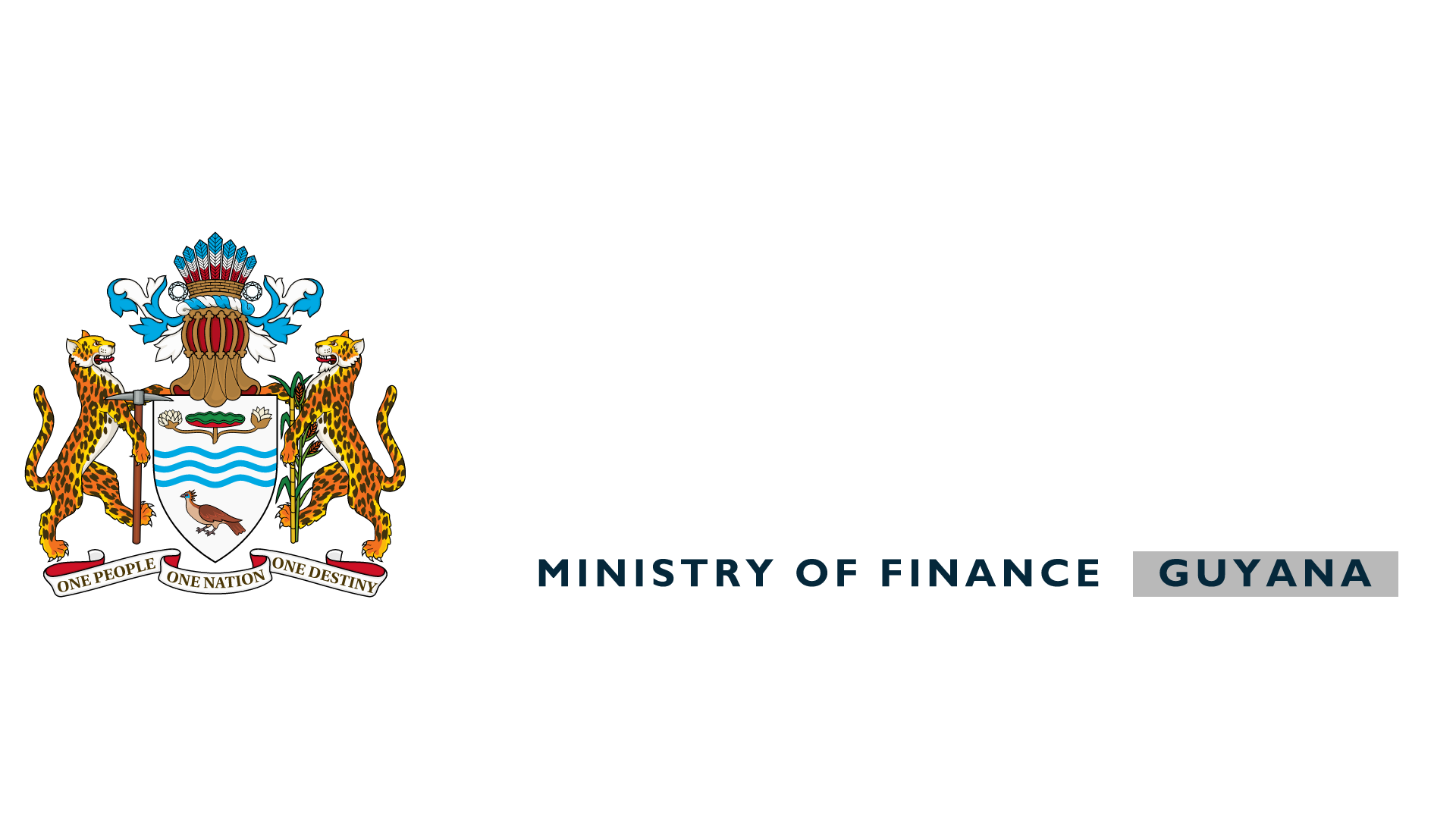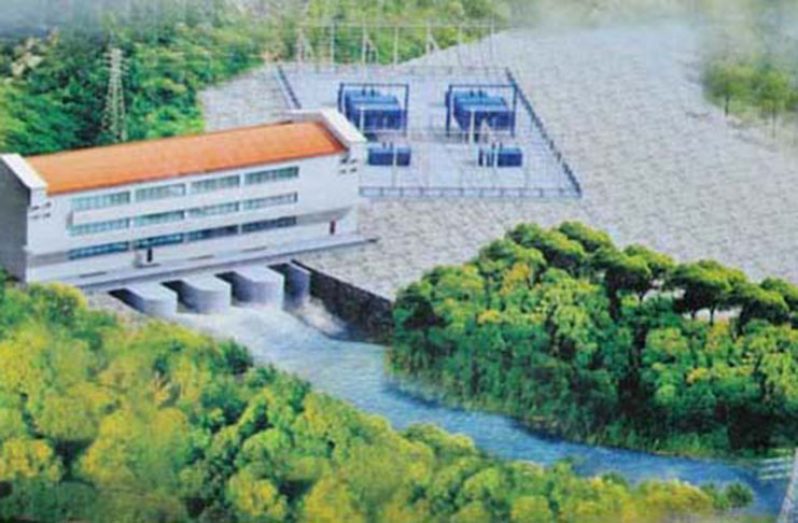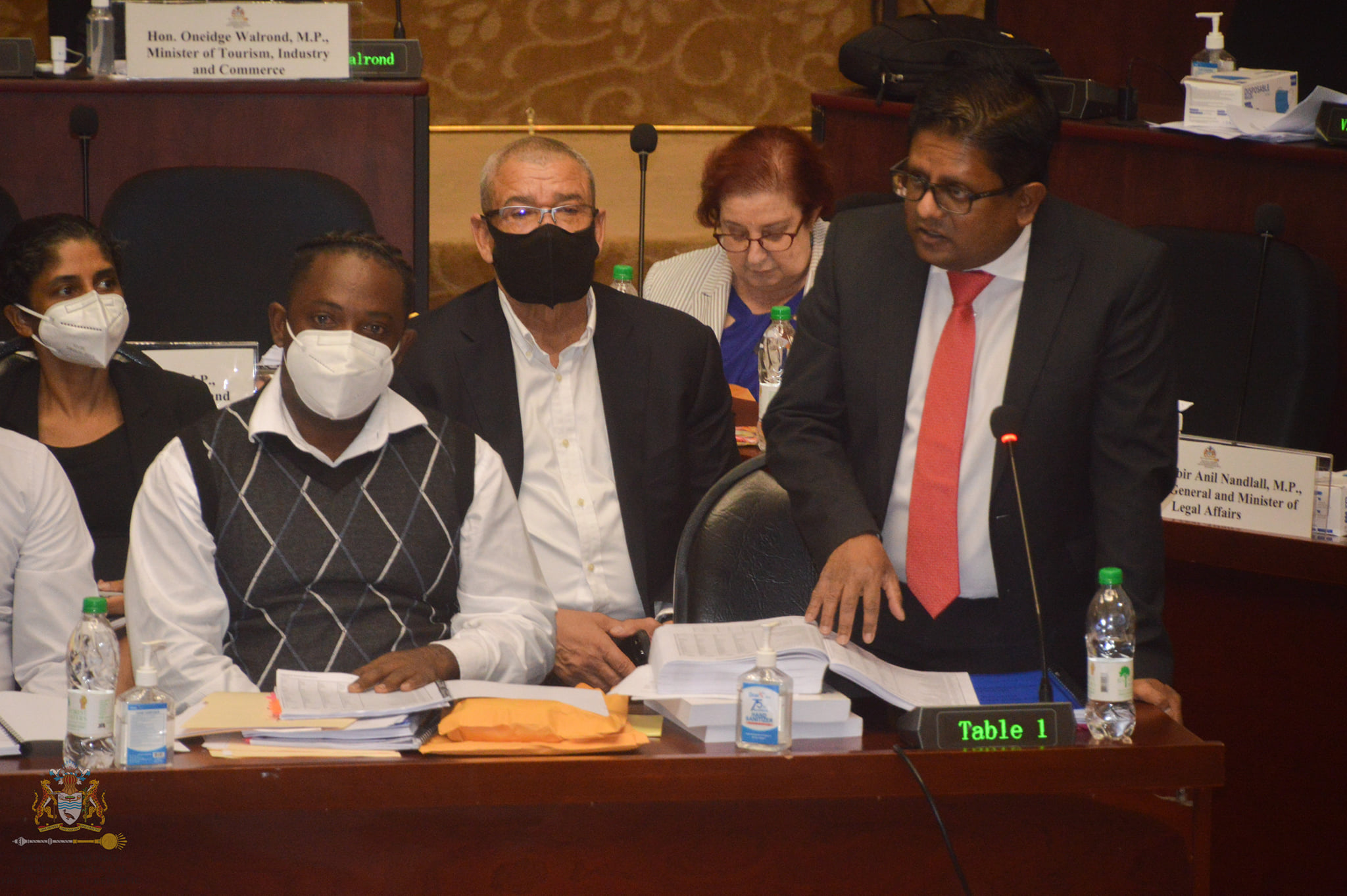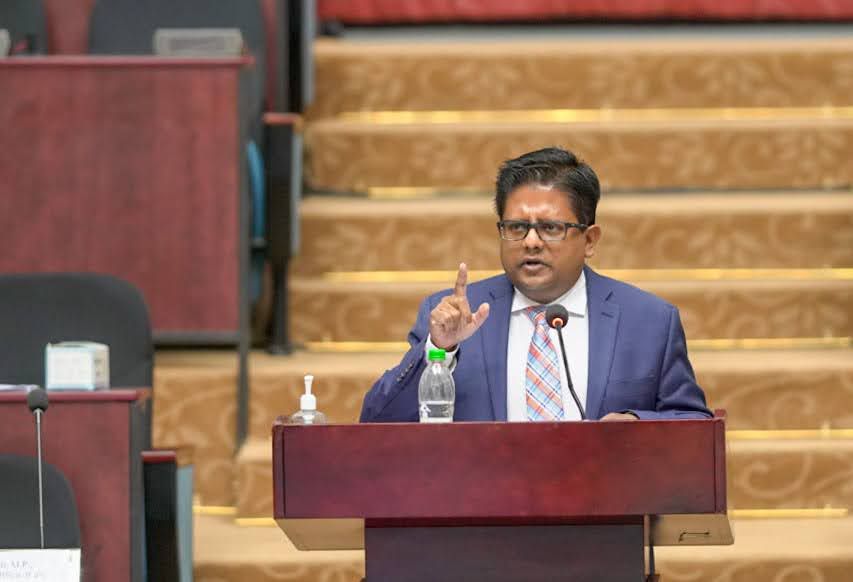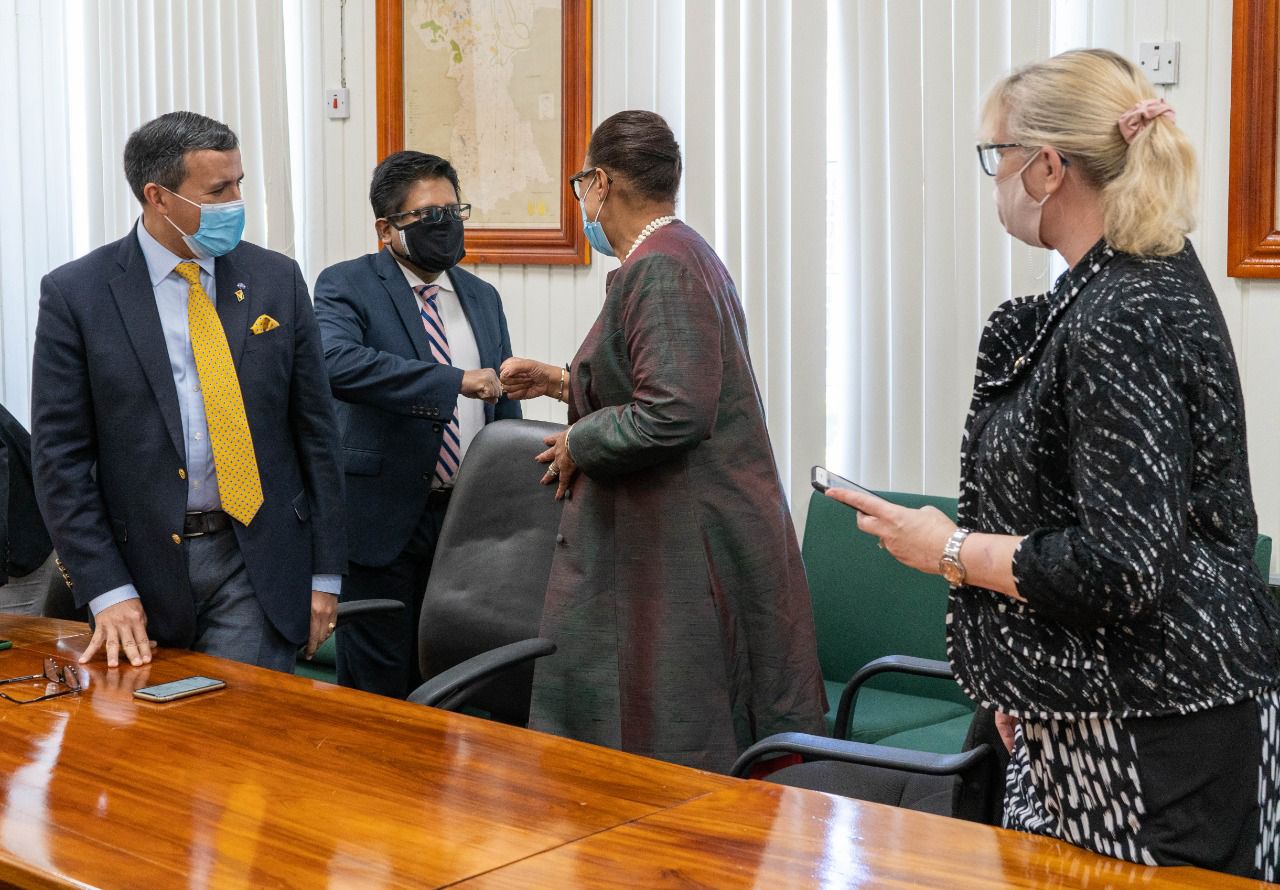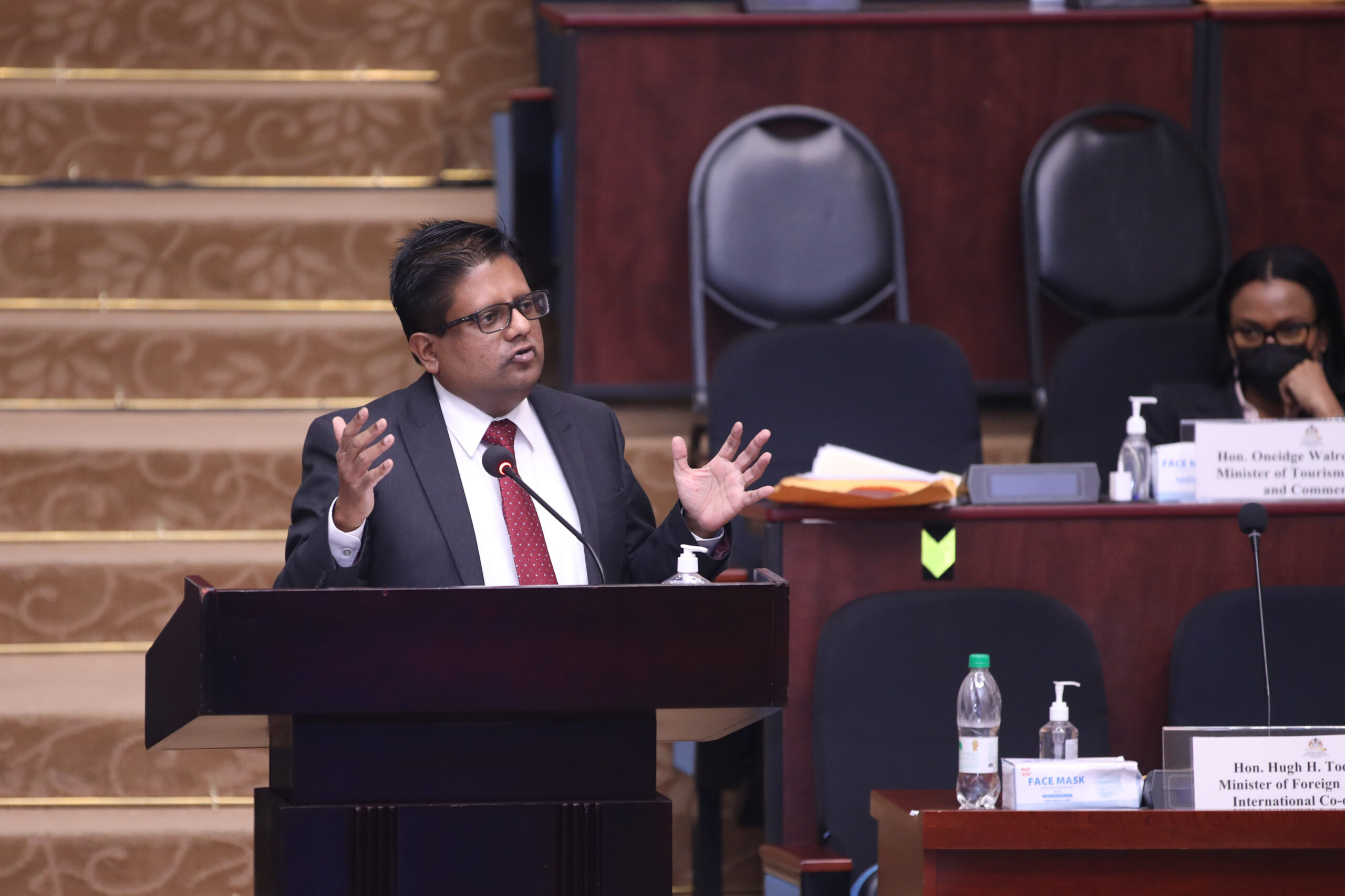-while addressing Fifth Forum of the Countries of Latin America and the Caribbean on Sustainable Development
Georgetown, Ministry of Finance, March 7, 2022: Addressing the Fifth Forum of the Countries of Latin America and the Caribbean on Sustainable Development today, Senior Minister in the Office of the President with Responsibility for Finance, Dr. Ashni Singh highlighted the initiatives being further taken by Government as it aims to aggressively ensure that Guyana achieves the targeted Sustainable Development Goals (SDGs).
The forum attended virtually by the Finance Minister is being held in San Jose, Costa Rica and the Minister’s presentation was made in response to the fifth report on regional progress and challenges in relation to the 2030 Agenda for Sustainable Development in Latin America and the Caribbean.
“Recognizing that food systems are critical not only to the elimination of hunger and the reduction of poverty but are also linked to the achievement of several of the SDGs, Guyana is giving heightened attention to the agri-food sector with a view to increasing the quantity and quality of output and to reduce food insecurity,” Minister Singh explained. To support this point, the Minister highlighted Government’s spearheading of the CARICOM (Caribbean Community) Agri-Food Systems Agenda which prioritizes regional food security and nutrition. He further alluded to the recent meeting held last week held in Belize (33 rd Intersessional Meeting) which aimed to reduce the Region’s food import bill by 25 percent by 2025.
“Second, as a low-lying coastal developing state with the attendant vulnerabilities to climate change, Guyana has crafted a unique development model as a response to the climate crisis. In this regard, we are pursuing a Low Carbon Development Strategy (LCDS) 2030 which simultaneously facilitates sustainable economic development while combatting climate change,” the Finance Minister added. In this regard, he emphasized that the LCDS is premised on the REDD+ mechanism and commits to the preservation of rainforests as a means of lowering carbon emissions. The Minister posited that “Our LCDS 2030 takes account of environmental services, water resources management, climate resilience, biodiversity, renewable energy, the marine economy, and land management.”
On Government’s plan to tackle learning loss as a result of the pandemic, the Finance Minister alluded to Government’s ongoing work in the education sector.
“Conscious that the pandemic has engendered learning loss, the Government of Guyana is providing tangible support for learning from nursery to tertiary levels for broad-based human capital development. This support includes the provision of twenty thousand (20,000) online scholarships in more than one hundred and eighty-seven (187) programmes that can be accessed from fifteen (15) reputable academic institutions across the world,” he noted. Dr. Singh added that ‘the areas of scholarship include vocational training, undergraduate, and post-graduate studies.’
“These efforts along with other social safety nets such as the childcare subsidies and cash grants aim to enhance learning outcomes and capacity building,” he further assured the Forum.
Finally, the Senior Finance Minister urged the forum that if the development architecture is to be changed to achieve meaningful and sustainable development, then in determining eligibility for development financing, the multidimensional nature of vulnerabilities must be taken into account.
“The beyond-GDP argument is now old, and globally we need to move well beyond this if we are serious about sustainable development. I would like to reiterate Guyana’s call made by President Dr. Irfaan Ali and once again urge that the work on developing a robust and credible Multidimensional Vulnerability Index be brought to a timely conclusion and finalization, and that we move swiftly as a global community to incorporate the MVI into the framework for determining eligibility for development support, especially concessional support,” Dr. Singh said.
Concluding his presentation, the Minister said Government recognizes that the achievement of the SDGs requires partnership at various levels and remains committed to working with the United Nations system to accelerate the process.
The Forum will include several more presentations from various countries and will conclude on March 9, 2022.
